Lockheed Martin has showcased UK sovereign technologies developed by British engineers in support of the British Army’s participation in ‘Project Convergence,’ an event held over the last few weeks to demonstrate next-generation deterrence technologies to an international audience in the United States.
Paul Livingston, Chief Executive, Lockheed Martin UK said:
“This event offers an opportunity to show how home-grown UK defence technologies can address lessons currently being learned in Ukraine, while helping our international allies develop and integrate advanced capabilities for multi-domain operations.”
On SkyKeeper, the firm say:
“SkyKeeper is an evolution of the British Army’s in-service Land Environment Air Picture Provision (LEAPP) capability, which has been deployed with the British Army during both the Iraq and Afghanistan conflicts and has also been used to help protect the British public and dignitaries at high-profile global events hosted in the UK, including COP26 and G7 Summits. LEAPP has recently gone through an upgrade programme which enables it to communicate via Link 16, allowing enhanced situational awareness data sharing among NATO and allied nations.”


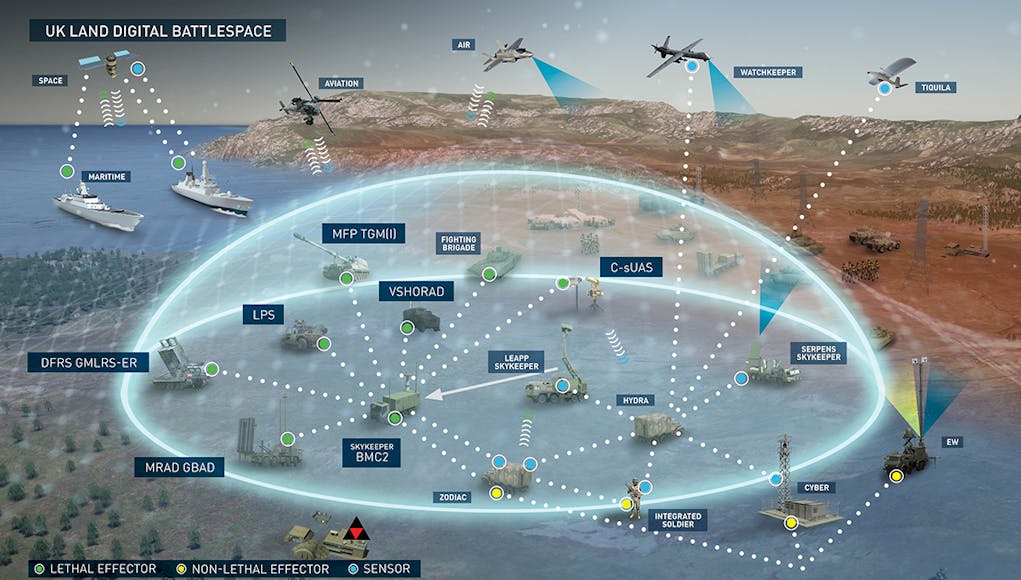
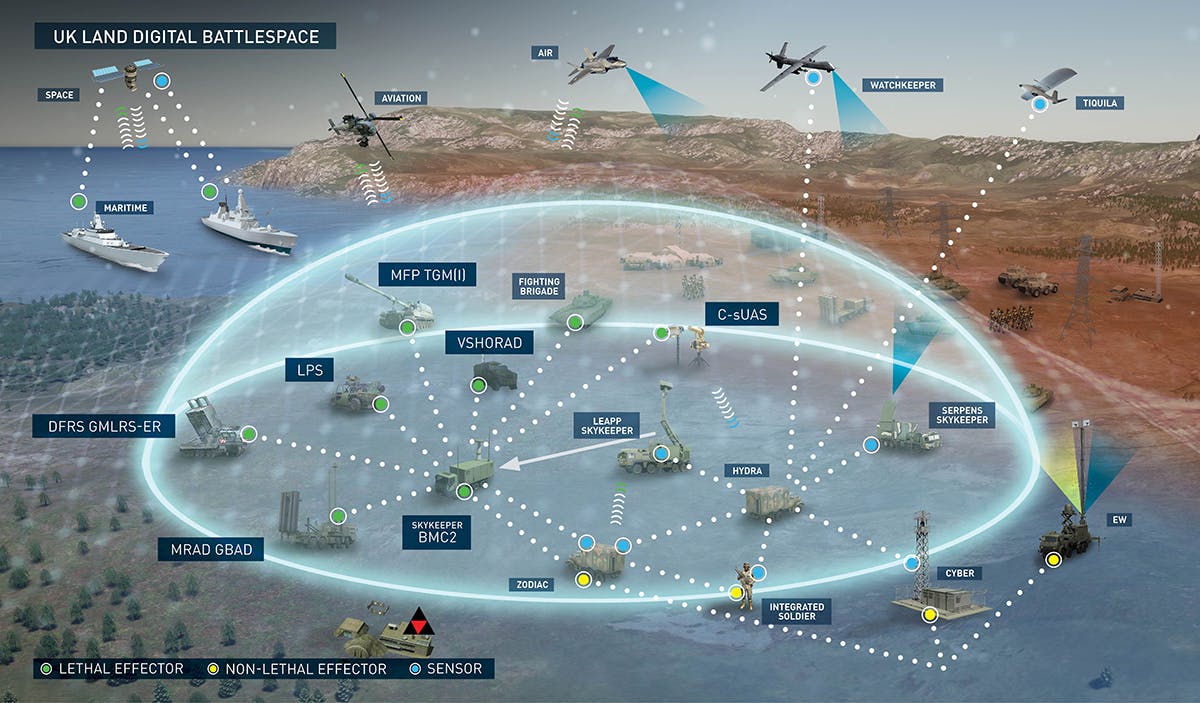
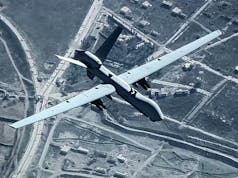

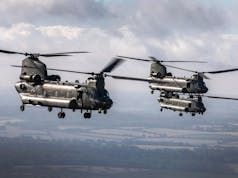
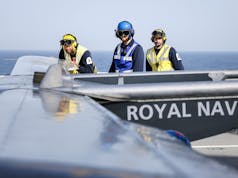
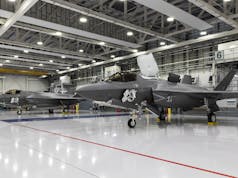
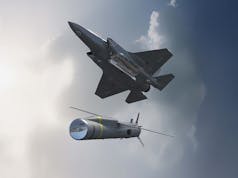

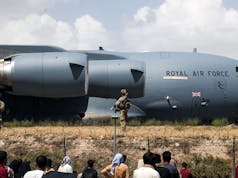
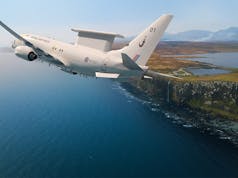
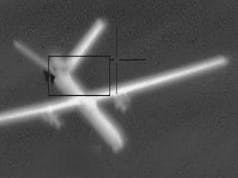

I’m surprised there hasn’t been any posts about the impact of the US canceling its FARA program. The UK was piggy backing on it and now there is no program to piggyback onto. Plus the reason for the cancellation is the US feels helicopter scouting is too risky and not viable, which has an impact on what wildcat brings to the army.
I’ve been arguing for years that recon by helicopter is a bad idea, it seems its then the Ukraine war to make the US realise this.
The AAC is very skilled at NOE flying. I think their vulnerability when conducting recce is exaggerated.
O/T of article, but yes, definitely surprised by abrupt cancellation of FARA program, w/ two viable prototypes, shortly before flight tests slated to begin. Typically the test program would be conducted and completed to garner test data, if for no other reason. Agree that lessons learned from UKR conflict presumably influenced decision. 🤔
It’s not completely off topic as you notice wildcat isn’t in the picture nor is the future helicopters. Apache is but if your talking about situational awareness assets which this post is about then recce is surely a key part of that.
The future is drones for recon and target spotting. Heavier vehicles like Apache will probably still have a role to play, sitting back low and launching weapons at targets acquired by the drone.
Yep the Russian approach is now to use longer range missiles from their helicopters and keep them well back.
Piggy backing?? In what sense? The UK just bought a bunch of new Apache that won’t require replacing for decades.
The US places far bigger orders, which the UK piggy backs into to get economy of scale. The FARA program the UK confirmed it would do the same, which now doesn’t exist. Hence the interim solution medium lift program, which I guess now is long term solution at 10x the price.
The US has confirmed it will place a big order of blackhawks to keep the lines open, no way the UK will buy from that with the political pressure to buy from Augusta/ Leonardo.
Sadly.